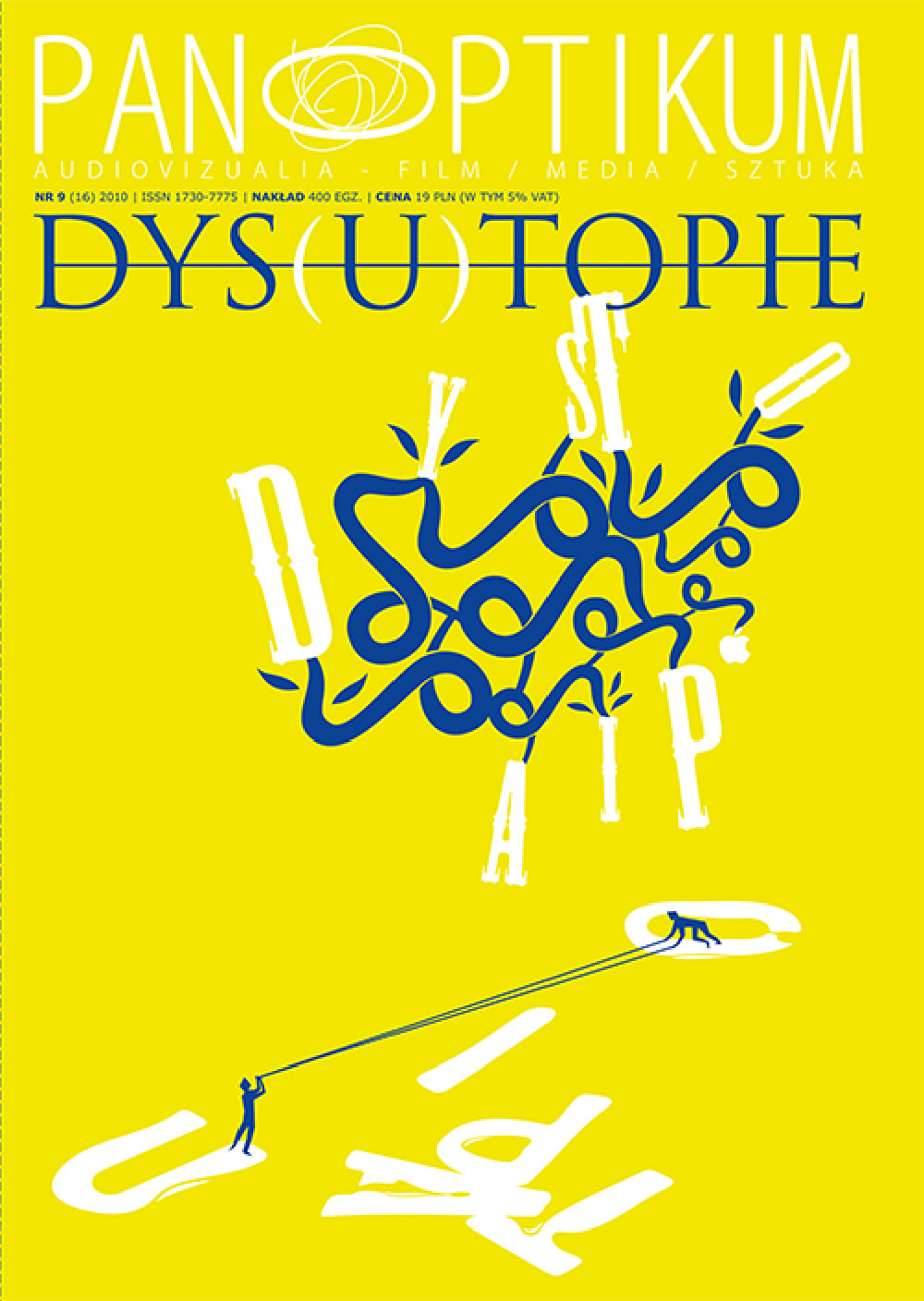Utopie wcielone – czas architektury
Abstrakt
The focus of Elisabeth Grosz’s essay is the complex relation between three concepts: utopia, time and embodiment. Starting with the most significant classical specimen examples of the form, namely works by Plato and Thomas More and inspired by the analogy and relevance of descriptions of buildings and municipal arrangements in Plato or More’s to ideal political regulation she develops the way in which the utopic functions as inspiration for architects. She discusses utopian discourses in terms of their relation to time and sexual difference to conclude, that “the relation between bodies, social structures, and built living and work environments and their ideal interactions is not a question that can be settled”. However, the utopic, understood as enactment of the privileged, may serve as an impulse to question and negotiate through proliferation and multiplication of ideals.

 Uniwersyteckie Czasopisma Naukowe
Uniwersyteckie Czasopisma Naukowe





